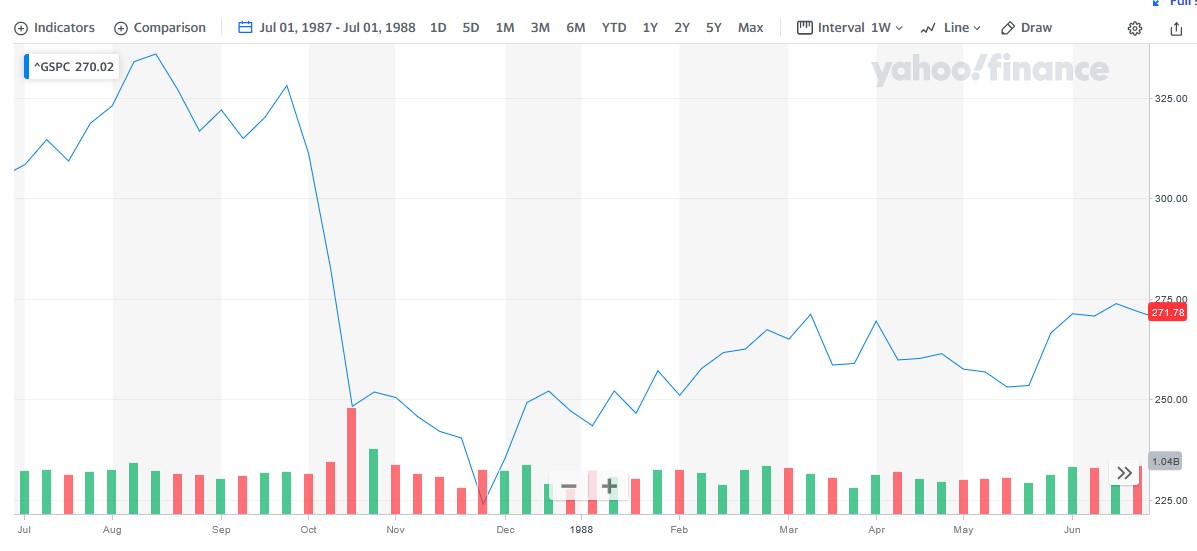pb4uski
Give me a museum and I'll fill it. (Picasso) Give me a forum ...
Yes, I prepared for a crash when I selected my asset allocation. It’s very conservative and has been since the crash at the beginning of the pandemic. Yes, it’s true that I didn’t participate as robustly as I would have liked in the significant increase since then, but that last downturn taught me a very important lesson. If you’re not willing to lose it, don’t risk it. I’m currently at 30% equities and if there’s another down turn, I will do nothing other than rebalance if it lasts long enough.
I know I can live on the 70% non-equities and while nothing is 100% safe, if those investments go down, we’ll all be in for a nasty ride.
+1. I went into capital preservation mode during the covid crash. Even before the covid crash I was concerned that equities were overvalued because of too easy money and the uncertainty caused me to act. I'm currently at 20% equities and am defensive at that... some in SWAN and some slightly ITM 2023 SPY call options.
I've gotten over FOMO. I view today's markets as very speculative with Dogecoin being a great example. It was created as a joke and is now worth $85 billion, more than GM or Ford.
Dogecoin (/ˈdoʊ(d)ʒkɔɪn/ DOHJ-koyn or DOHZH-koyn, code: DOGE, symbol: Ð) is a cryptocurrency created by software engineers Billy Markus and Jackson Palmer, who decided to create a payment system as a joke, making fun of the wild speculation in cryptocurrencies at the time. Despite its satirical nature, some consider it a legitimate investment prospect. Dogecoin features the face of the Shiba Inu dog from the "Doge" meme as its logo and namesake. It was introduced on December 6, 2013, and quickly developed its own online community, reaching a market capitalization of over $85 billion on May 5, 2021.
Dogecoin.com promotes the currency as the "fun and friendly internet currency", referencing its origins as a joke. ...
Last edited:


